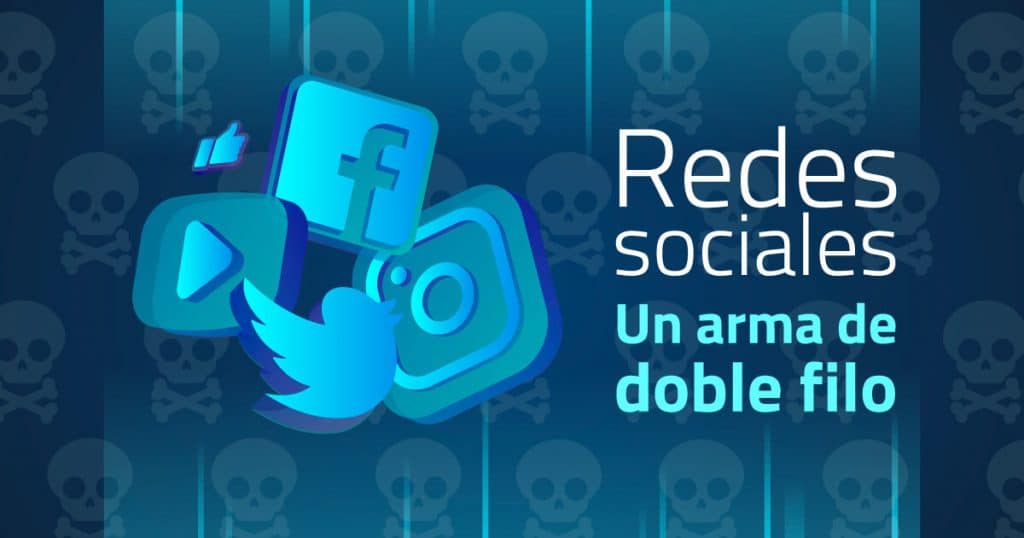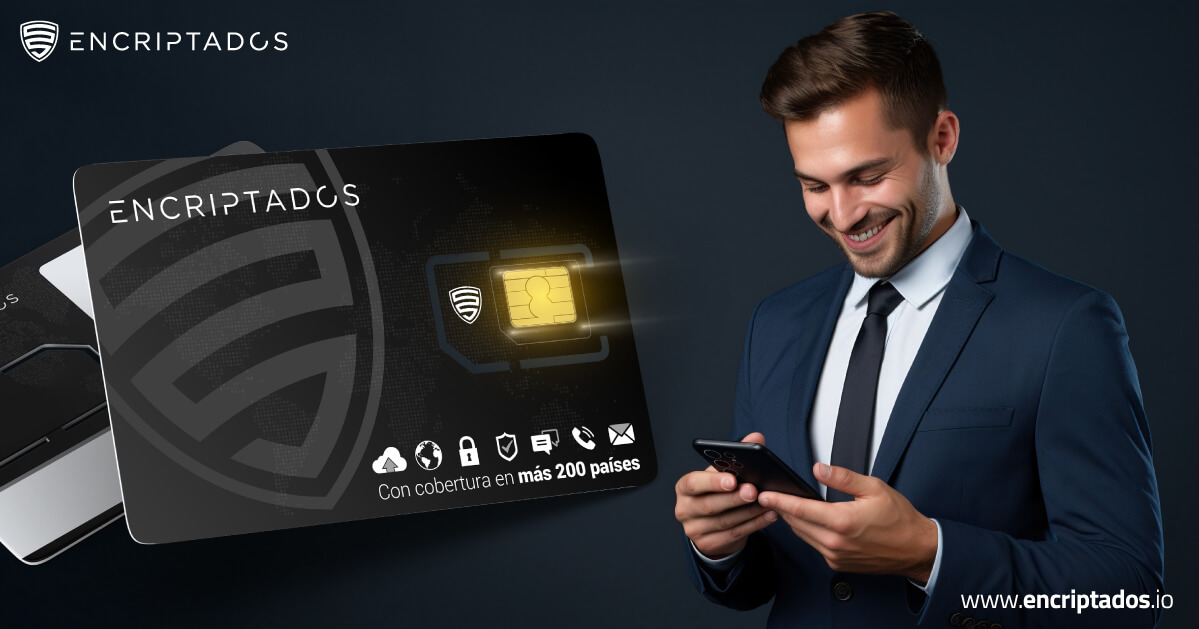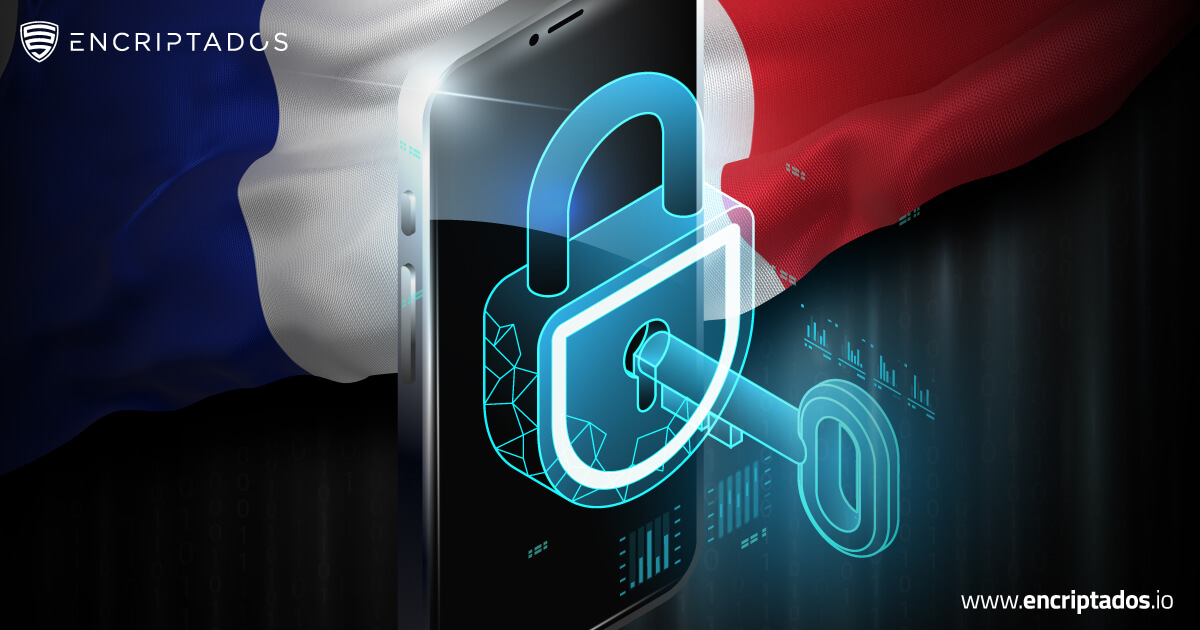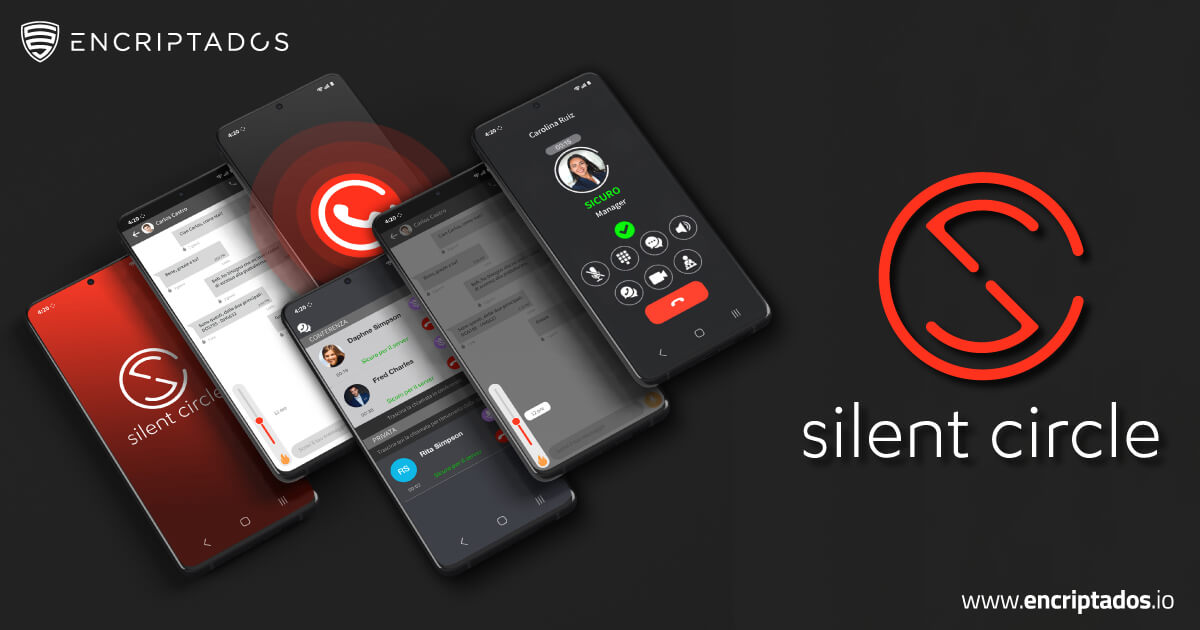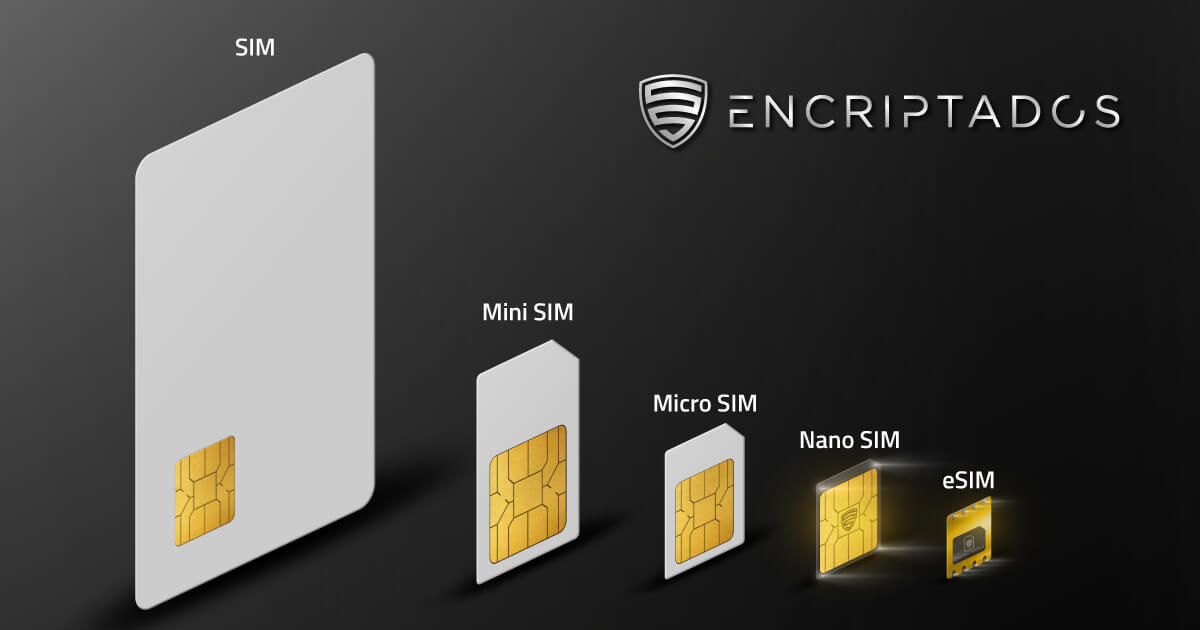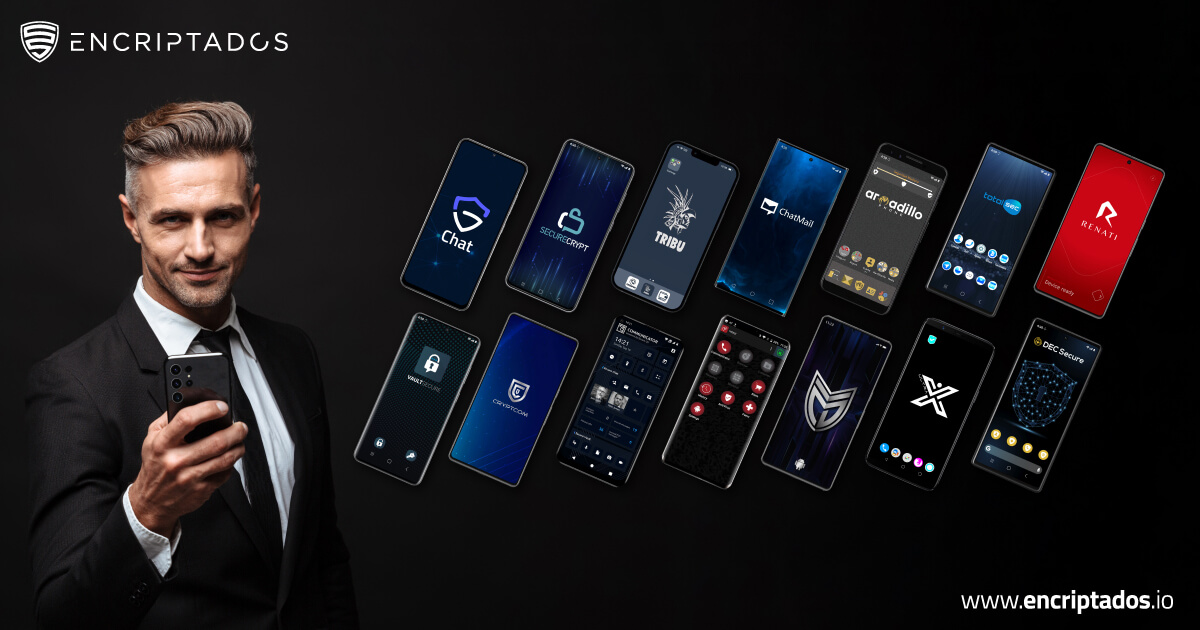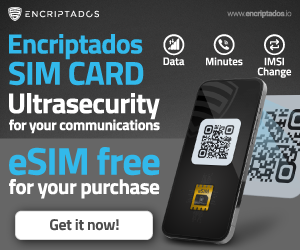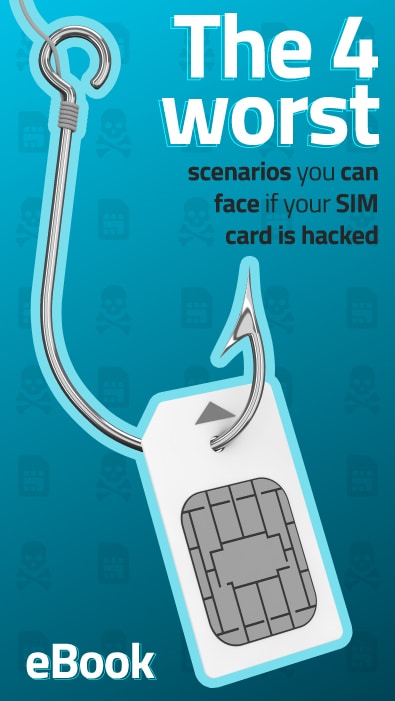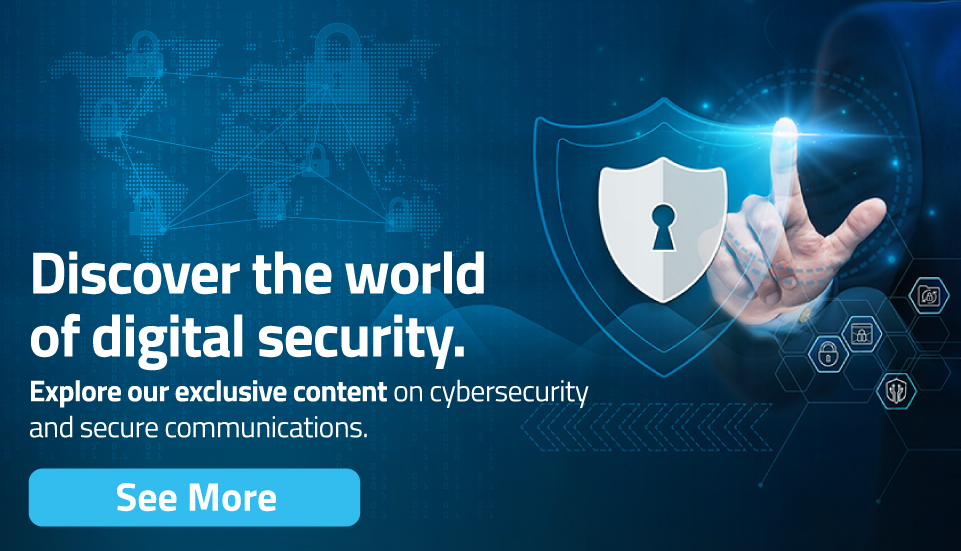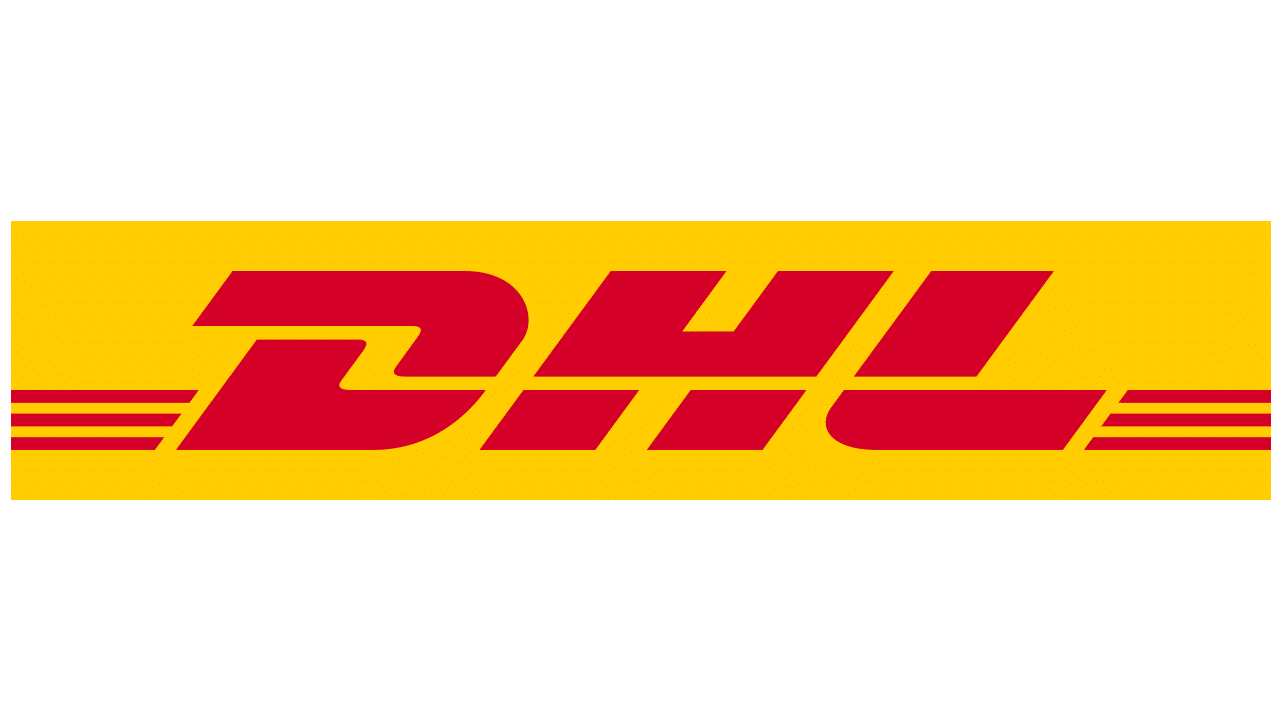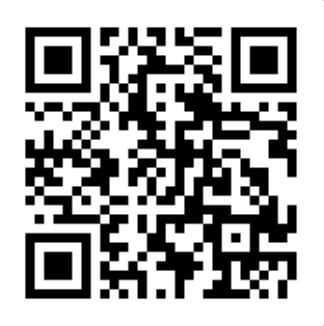In 1991 a new digital era began with the internet we know today, which brought with it a world of possibilities. This made possible the creation of social networks, which gave their first pins in 1997, but did not become famous until 2004 with the birth of the famous Facebook.
Since then, every day thousands of users open new accounts on networks such as Instagram, Facebook, Twitter, Linkedin, TikTok and many more social networks. That although they have a positive side by connecting the world in real time and allowing fluid communication, they also have a dark side, full of malice, desire for power, crime and malicious purposes.
index
- Social networks
- Double-edged weapon
- What to do and what not to do?
- Protect your most precious asset with Encrypted
Social networks
We cannot say that social networks are bad, it all depends on how we use them, what is known is that social networks are not as transparent as their creators expect us to think. Information is an unlimited source of power, whoever has more information has more power and can get more money. And what better place to get information from people around the world than social networks.
Communication is constantly evolving, now we can interact and talk in real time with family, friends and even people we have never seen anywhere in the world. Social networks have crossed borders and have interconnected the entire world. They have also provided companies with an economic channel to position their brands and make themselves known in the market. Undoubtedly, it is something extremely positive for everyone, today it is difficult to imagine someone who does not have a single social network. We are all part of this cyber world.
But just like in the real world, there are good people and bad people, there are dark purposes, there are wars, there are crimes, and there is a list of not-so-good things that we must be careful with every day.
Double-edged weapon
Not everything is good and rosy, within the world of social networks we also find many latent dangers where our information is the main target. And it is that information has become a more profitable business than oil and that is why it is so valuable. Companies like Facebook, Google, Amazon and many others live off our personal information and data. Do you think that platforms with so much demand are free just like that? Remember the old saying of our parents, in life there is nothing free and although the facade is that they are financed with advertising, this is false. Sure, the guideline generates great income, but the real business is behind it.

It is becoming more and more evident that companies like Facebook or Google manipulate our personal information and negotiate with it. They sell it, use it and trade it with other big companies. At the end of the day, we do not know where our personal data will end up, since each thing that we leave personal data on social networks is categorized. What do the big companies do with this data? They use them for political, military and commercial purposes. Thus, they know exactly what information to send and have it appear for you with a very high rate of success. Whether it is for you to vote or not for a certain candidate or to buy a particular product. How autonomous do we end up being of our “own” decisions? On the other hand, there is cybercrime, a type of crime that is on the rise and is becoming more and more common. Cybercriminals take advantage of every security breach in the network, in addition to the constant carelessness of users, not to mention the lack of knowledge and ignorance of people on these issues, to make their own and steal data, extort money, impersonate people and defraud companies. Just as information is a more profitable business than oil, cybercrime has been more profitable for criminals than drug trafficking itself.
It might interest you: “The main Cyberattacks of 2020”
What to do and what not to do?
Closing social networks is not a viable option in a totally digitized world, however there are certain behaviors and measures that we must use to protect our information. Do you think it is fair that other people become millionaires at the expense of your personal data? I think that nobody, unfortunately few of us give the necessary importance to the matter. To begin with, you can avoid sharing everything, when we say everything we refer to those people who usually publish what they do, where they live, where they travel, their favorite places, their favorite clothing brands, the dishes they eat and even information about their families. . These people are not only supplying companies with everything they need, but they are giving hackers a clear map and setting an easy target for any cybercrime. It is also not about not sharing anything, if you want to put a photo, try not to put a geographical location and not do it immediately when you take it, but a few hours or days later when you are no longer in the same place. If you want to share other types of data, try to be cautious, do not give more information than necessary, avoid addresses, places of work or study, telephone numbers and private data. In addition to the industry behind watching all of this, you never know another malicious person might be watching your every step. In addition to this, do not accept people you do not really know, or use the same passwords on all your networks, except if they are the same ones you use for bank accounts. And if what you are looking for is to have 100% secure communications and opt for more private options, it is advisable to have encrypted products and services,
Protect your most precious asset with Encrypted
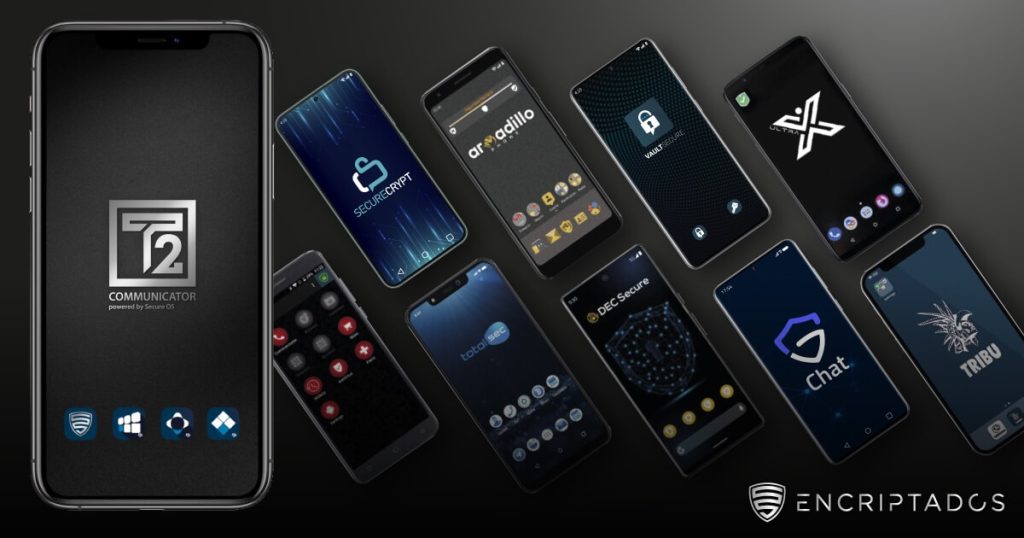
You can also think of an encrypted application , through which you can send your photos, videos, chats, documents and voice notes safely and without fear that a third party can see them.
If what you want is a higher level of encryption and total security in all communications, the ideal option is an encrypted cell phone . You will be able to have secure chat applications, private calls, timed messages, delete your information remotely and keep any type of information safe, including your notebook. All the information that goes out and enters your phone will be 100% encrypted and secure.
Use your social networks well, do not continue giving your data to third parties that profit at the expense of your privacy. Protect yourself and start using encrypted communications like Encriptados.
